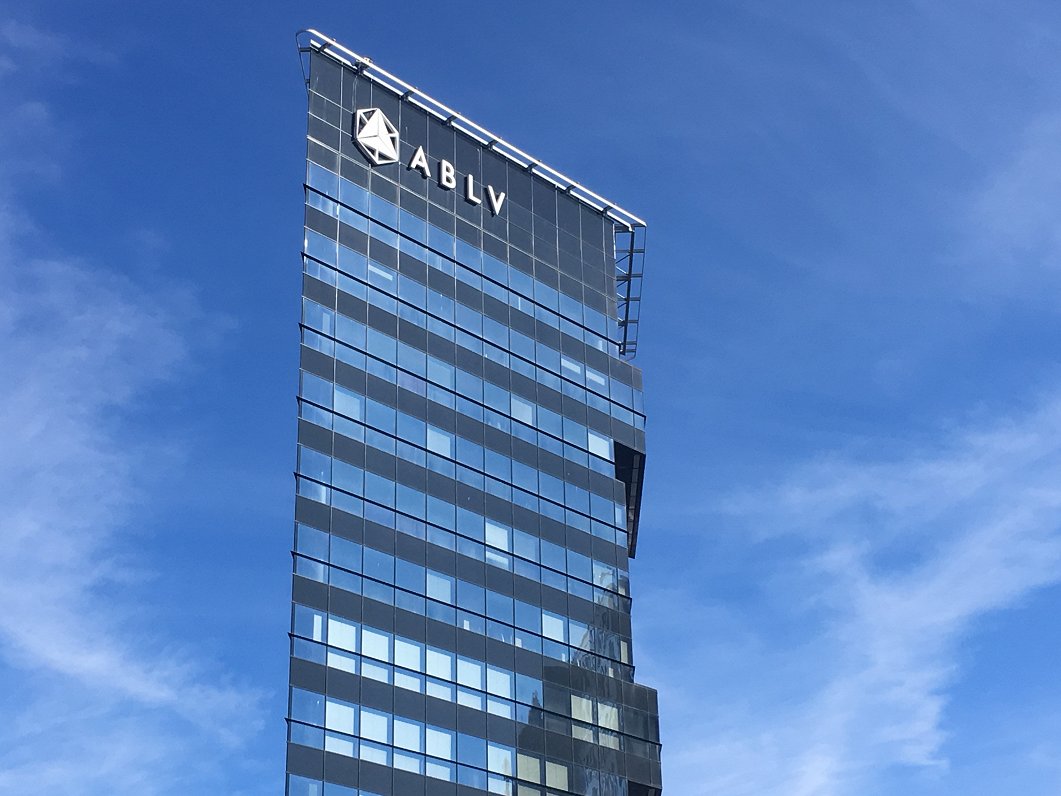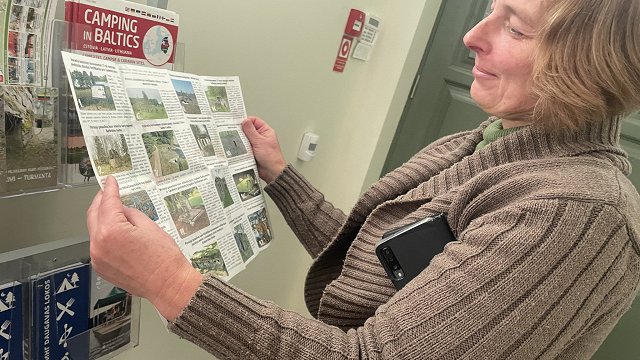She said that the FKTK Council would take its decision on the methodology’s adoption in the next few days.
The FKTK has done a large amount of work by making more than 700 corrections to the methodology, Upleja noted.
Control Service head Ilze Znotiņa confirmed that the Control Service has given its approval.
“We have given the green light. There are issues that were very important for us in the methodology,” she said, adding that she may not reveal more information on details in methodology as its is confidential information.
“The big picture has been approve and we can say that the minimum requirements have been met. As far as I understood, the FKTK will not introduce any new changes in the methodology after we have approved it. FKTK are leading the process and we have only provided our support to it,” she said.
This means the regulations governing payouts – or lack thereof – to ABLV clients are likely to be adopted very soon.
The adoption of the methodology to be used for screening the legality of the money of ABLV Bank’s clients had become protracted.
The European Central Bank annulled ABLV Bank’s license in July 12, 2018.
It has also been reported that the Finance and Capital Market Commission, acting on the instructions from the European Central Bank, ordered ABLV Bank to stop all payments as of February 19, 2018 following a report by the Financial Crimes Enforcement Network (FinCEN) of the U.S. Department of the Treasury about ABLV Bank's involvement in international money laundering schemes and corruption. On February 24, 2018 the Finance and Capital Market Commission found an occurrence of unavailability of deposits at ABLV Bank.
Shareholders of ABLV Bank decided to start the liquidation process in order to protect interests of its clients and creditors. ABLV Bank believes that in this way it will be possible to ensure active protection of its customers, the bank said in a statement.
At the end of September 2017, ABLV Bank was the third largest bank in Latvia by assets. The bank's majority shareholders Olegs Fils, Ernests Bernis and Nika Berne own, directly and indirectly, 87.03 percent of the bank's share capital.




























